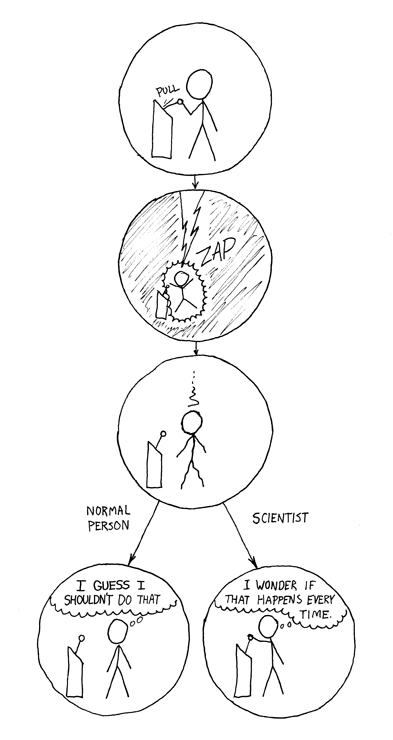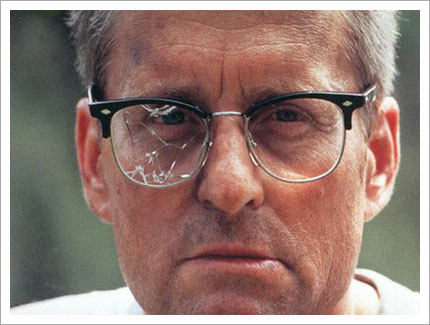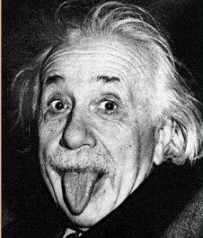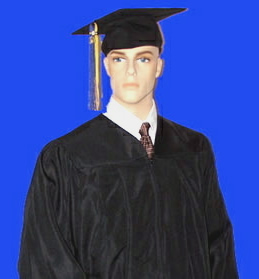How does a scientist determine causation?

After talking it over with Mrs. Factician (who is also a molecular biologist), I realized that yesterday's post might not have made sense to everyone in the way it does to me. I would like conspiracy factory to be more than a place where scientists whine to each other that no one understands us. I'd like it to be educational to folks who don't do science every day. I'd like people like my Mom to come here and read it and find something useful for their day.
That said, I'm going to spell out the comic a little better. For those of you who are skeptics/scientists, this may seem a little like explaining a joke (if you have to explain it, it's not funny). But it should be educational, too. So go over, look at the comic, and come back if you have to. What does it have to do with autism? The joke is that scientists don't immediately assume causation if two events occur close together. The fact that the scientist gets zapped by lightning immediately after pulling the lever doesn't necessarily mean that the lever caused the lightning. (Granted, it may have caused the lightning, but until you've seen it multiple times under controlled conditions, you can't say for sure). Of course, doing an experiment that involves being shocked by lightning certainly wouldn't be performed by a scientist. It would be performed by her graduate student. ;)
What does this comic to do with autism? As it happens, the folks who claim that vaccines cause autism mostly rely on the fact that autism begins to show its ugly head around 2 years of age, right after children get a series of booster shots for their vaccines. Does this mean that vaccines cause autism? No. Especially once you realize that autistic children present with autism around 2 years of age whether they've had vaccines or not. It just happens that these things coincide in time with each other.
An experimentalist who wants to ask the question: "Do vaccines cause autism?" would examine a large group of children who get the vaccine and a large group of children who don't (who otherwise are living in similar circumstances) and see if a similar frequency of children get autism in both groups. As it happens, several groups have done this (National Academy of Sciences summarizes the studies here). And they do see similar frequencies. This pretty much kills the argument. (To further extend the analogy to the comic, this would mean that the scientist who pulls the lever a thousand more times would never get shocked again).



























